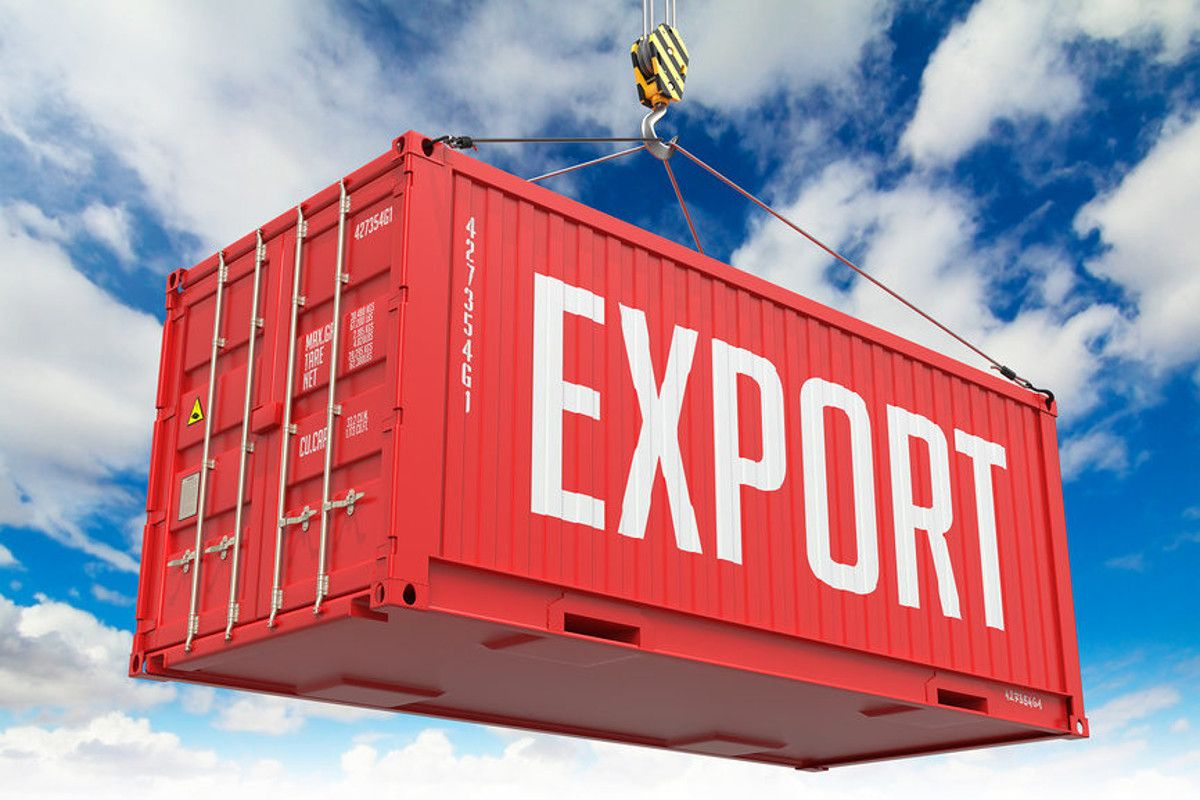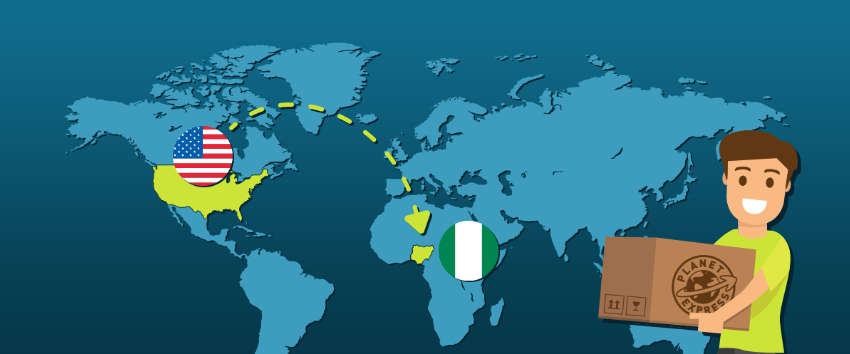Exporting goods from Lagos to the UK is a strategic business move that can open doors to international markets, increase revenue streams, and elevate brand credibility. However, the process is not as simple as packaging products and shipping them overseas. To successfully export from Lagos to the UK, businesses and individuals must comply with stringent regulations, adhere to international trade policies, and ensure their products meet the required standards. CountyCargo can help simplify this process, ensuring a seamless export experience for Nigerian businesses.
Understanding Export Regulations and Requirements
Before initiating an export process, it is crucial to understand the legal and regulatory framework governing international trade between Nigeria and the UK. The Nigerian Export Promotion Council (NEPC) serves as the principal agency responsible for regulating exportation, while the UK government has its import standards and compliance measures.
Businesses must obtain an Exporter’s Certificate from the NEPC, which is mandatory for all Nigerian exporters. Additionally, depending on the type of goods being exported, specific licenses and permits may be required. Agricultural products, for instance, must adhere to health and safety standards imposed by the UK’s Department for Environment, Food & Rural Affairs (DEFRA) and the Food Standards Agency (FSA).
To avoid legal complications, exporters should ensure their products meet UK and EU import standards. The UK Conformity Assessed (UKCA) marking, which has replaced the CE mark post-Brexit, is mandatory for certain categories of goods, including electrical appliances, machinery, and medical devices.
Recommended reading: How to import products from Nigeria to UK
Types of Products to Export from Lagos to the UK
Not all products are suitable for export due to market demand, regulatory restrictions, and shipping feasibility. CountyCargo specializes in exporting high-demand products from Nigeria to the UK. Some of the best products to export include:
- Agricultural products such as sesame seeds, cocoa, shea butter, cashew nuts, and ginger
- Manufactured goods including textiles, leather products, and fashion accessories
- Solid minerals such as lithium, gold, and tin
- Processed food products like dried hibiscus flowers, palm oil, and spices
Understanding UK consumer preferences and trade policies helps exporters optimize their product offerings for better market penetration.
Types of Products Not to Export from Lagos to the UK
Certain products face restrictions or outright bans due to health, safety, or environmental concerns. Exporters should avoid shipping the following items:
- Counterfeit and pirated goods
- Unprocessed timber and endangered wildlife products
- Certain pharmaceutical drugs that do not meet UK medical regulations
- Unregistered food products that lack proper certification from NAFDAC and UK health authorities
- Firearms, explosives, and hazardous chemicals without special licenses
Exporters must check with CountyCargo to ensure their products comply with UK regulations before shipping.
Compliance with Quality and Packaging Standards
UK buyers have high expectations regarding product quality, safety, and packaging. Non-compliance with these standards can result in goods being rejected at UK ports, leading to financial losses.
Exporters must ensure that products meet quality control measures by conducting laboratory testing and obtaining relevant certifications. The Standard Organisation of Nigeria (SON) and the National Agency for Food and Drug Administration and Control (NAFDAC) regulate quality standards for exported goods, particularly food and pharmaceutical products.
Packaging plays a significant role in the acceptance of goods in foreign markets. The UK has specific labeling and packaging regulations, especially for food and cosmetic products. Exporters must include detailed product information, ingredient lists, allergen warnings, and handling instructions in English.
Choosing the Right Shipping Method
Selecting the right shipping method is crucial for cost-effectiveness, timely delivery, and product safety. The two primary modes of exporting from Lagos to the UK are air freight and sea freight.
- Air Freight: Ideal for high-value and perishable goods such as fresh agricultural products, pharmaceuticals, and fashion accessories. Although more expensive, air freight ensures faster delivery, typically within days.
- Sea Freight: Suitable for bulk shipments such as solid minerals, processed foods, and textiles. While cost-effective, sea freight has longer transit times, typically taking weeks.
CountyCargo provides expert logistics solutions, ensuring smooth and reliable shipment of goods to the UK.
Documentation Required for Export
The export process involves meticulous documentation to meet customs regulations in both Nigeria and the UK. Some of the essential documents include:
- Bill of Lading (BOL): A legal document issued by the shipping company confirming receipt of the goods for shipment.
- Commercial Invoice: Details the value, quantity, and description of the exported goods.
- Packing List: Provides an itemized breakdown of the shipped products.
- Certificate of Origin: Confirms that the goods are produced in Nigeria and qualify for export.
- Phytosanitary Certificate: Required for agricultural products to confirm they meet UK health standards.
- Pre-Shipment Inspection Report: Ensures that goods meet Nigerian export standards before shipment.
- UK Import Declaration: A mandatory submission upon arrival in the UK for customs clearance.
Clearing Goods at UK Customs
Upon arrival in the UK, goods must go through customs clearance, where HM Revenue & Customs (HMRC) inspects and verifies documentation. To avoid unnecessary delays, exporters should ensure that import duties and VAT payments are made by UK tax laws.
Using a UK-based customs broker can simplify the process, ensuring compliance with all requirements. The UK’s Trade Tariff tool provides insights into applicable duty rates for different categories of imports.
Partnering with UK Distributors and Retailers
To maximize success in the UK market, Nigerian exporters should establish strong distribution networks. Partnering with wholesalers, retailers, and e-commerce platforms such as Amazon UK, eBay, and Etsy can help increase visibility and sales.
Attending trade fairs, leveraging digital marketing, and obtaining certifications such as the British Retail Consortium (BRC) accreditation can improve credibility and facilitate business expansion.
Final Thoughts
Exporting from Lagos to the UK requires strategic planning, adherence to international trade regulations, and proper market research. CountyCargo provides expert assistance in handling export logistics, ensuring compliance with UK import laws, and streamlining the entire process for Nigerian businesses. Nigerian exporters can successfully penetrate the UK market and scale their operations by leveraging the right expertise, ensuring product quality, and choosing the best logistics channels. With the right approach and persistence, exporting to the UK can become a profitable venture that opens doors to long-term global trade opportunities.









